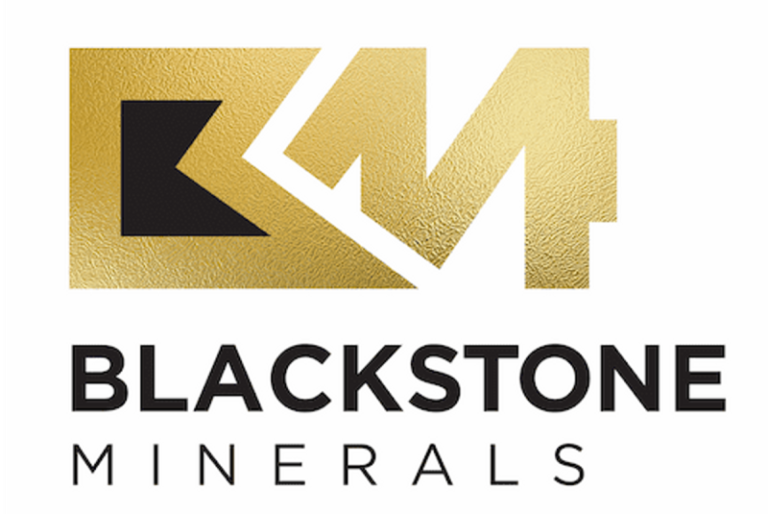LONDON, UNITED KINGDOM / ACCESS Newswire / December 30, 2025 / Empire Metals Limited (AIM:EEE)(OTCQX:EPMLF), the AIM-quoted and OTCQX-traded exploration and development company, is pleased to announce that it has entered into a conditional sale and purchase agreement for its 75% interest in the Eclipse Mining Lease (‘Eclipse ML’ or the ‘Project’), a non-core gold asset located near Kalgoorlie, Western Australia.
The agreement includes a three-month exclusivity and due diligence period, during which the proposed purchaser will complete technical and commercial due diligence on the Project.
Highlights
-
Conditional sale of Empire’s 75% interest in the Eclipse ML, a non-core gold asset
-
Purchaser is a reputable Western Australian mining services company operating in the Kalgoorlie region
-
Total consideration of A$750,000 cash for Empire’s interest, subject to successful completion of due diligence
-
Transaction supports Empire’s strategy to focus capital and resources on the Pitfield Titanium Project
Shaun Bunn, Managing Director, said: ‘This conditional sale represents a further step in our strategy to streamline the portfolio and focus management attention and capital on advancing the Pitfield Project. Eclipse is a non-core asset for Empire, and this transaction provides an opportunity to unlock value while reducing ongoing holding and resourcing costs. We look forward to progressing the due diligence phase with the purchaser.’
The Eclipse ML Project
The Eclipse ML is a small granted mining lease located near Kalgoorlie, Western Australia, which has historically been subject to gold exploration. As part of its broader portfolio rationalization strategy, Empire has been actively reviewing options to reduce exposure to non-core assets and is pleased to have entered into an exclusivity arrangement with the purchaser in respect of its interest in the Project.
Sale Terms
Key terms of the conditional sale agreement include:
-
The sale relates to Empire’s 75% interest in mining lease M27/153 (Eclipse ML)
-
The agreement includes a three-month exclusivity and due diligence period
-
During the exclusivity period, the purchaser may conduct a small RC drilling programme as part of its due diligence
-
Total consideration of A$750,000 for Empire’s 75% interest, comprising:
-
A$50,000 non-refundable cash deposit, payable within five days of execution of the agreement; and
-
A$700,000 cash payable on completion, following successful due diligence
-
Next Steps
The anticipated next steps are as follows:
-
The due diligence period last three months, to be conducted by the Purchaser.
-
A Program of Works has been submitted to the Department of Mines, Petroleum and Exploration (DMPE) to support a small drill campaign, to be funded by the Purchaser
-
Subject to a successful due diligence period, settlement is expected to occur in early April.
-
Empire continues to review options for other non-core assets, consistent with its strategy to accelerate development activities at the Pitfield Project.
**ENDS**
For further information please visit www.empiremetals.co.uk or contact:
|
Empire Metals Ltd |
Tel: 020 4583 1440 |
|
S. P. Angel Corporate Finance LLP (Nomad & Joint Broker) |
Tel: 020 3470 0470 |
|
Canaccord Genuity Limited (Joint Broker) |
Tel: 020 7523 8000 |
|
Shard Capital Partners LLP (Joint Broker) |
Tel: 020 7186 9950 |
|
Tavistock (Financial PR) |
empiremetals@tavistock.co.uk |
About Empire Metals Limited
Empire Metals Ltd (AIM:EEE)(OTCQX:EPMLF) is an exploration and resource development company focused on the commercialization of the Pitfield Titanium Project, located in Western Australia. The titanium discovery at Pitfield is of unprecedented scale and hosts one of the largest and highest-grade titanium resources reported globally, with a Mineral Resource Estimate (MRE) totalling 2.2 billion tonnes grading 5.1% TiO₂ for 113 million tonnes of contained TiO₂.
Titanium mineralisation at Pitfield occurs from surface and displays exceptional grade continuity along strike and down dip. The MRE extends across just 20% of the known mineralised footprint, providing substantial potential for further resource expansion.
Conventional processing has already produced a high-purity product grading 99.25% TiO₂, suitable for titanium sponge metal or pigment feedstock. With excellent logistics and established infrastructure, Pitfield is strategically positioned to supply the growing global demand for titanium and other critical minerals.
This information is provided by RNS, the news service of the London Stock Exchange. RNS is approved by the Financial Conduct Authority to act as a Primary Information Provider in the United Kingdom. Terms and conditions relating to the use and distribution of this information may apply. For further information, please contact rns@lseg.com or visit www.rns.com.
SOURCE: Empire Metals Limited
View the original press release on ACCESS Newswire
News Provided by ACCESS Newswire via QuoteMedia










